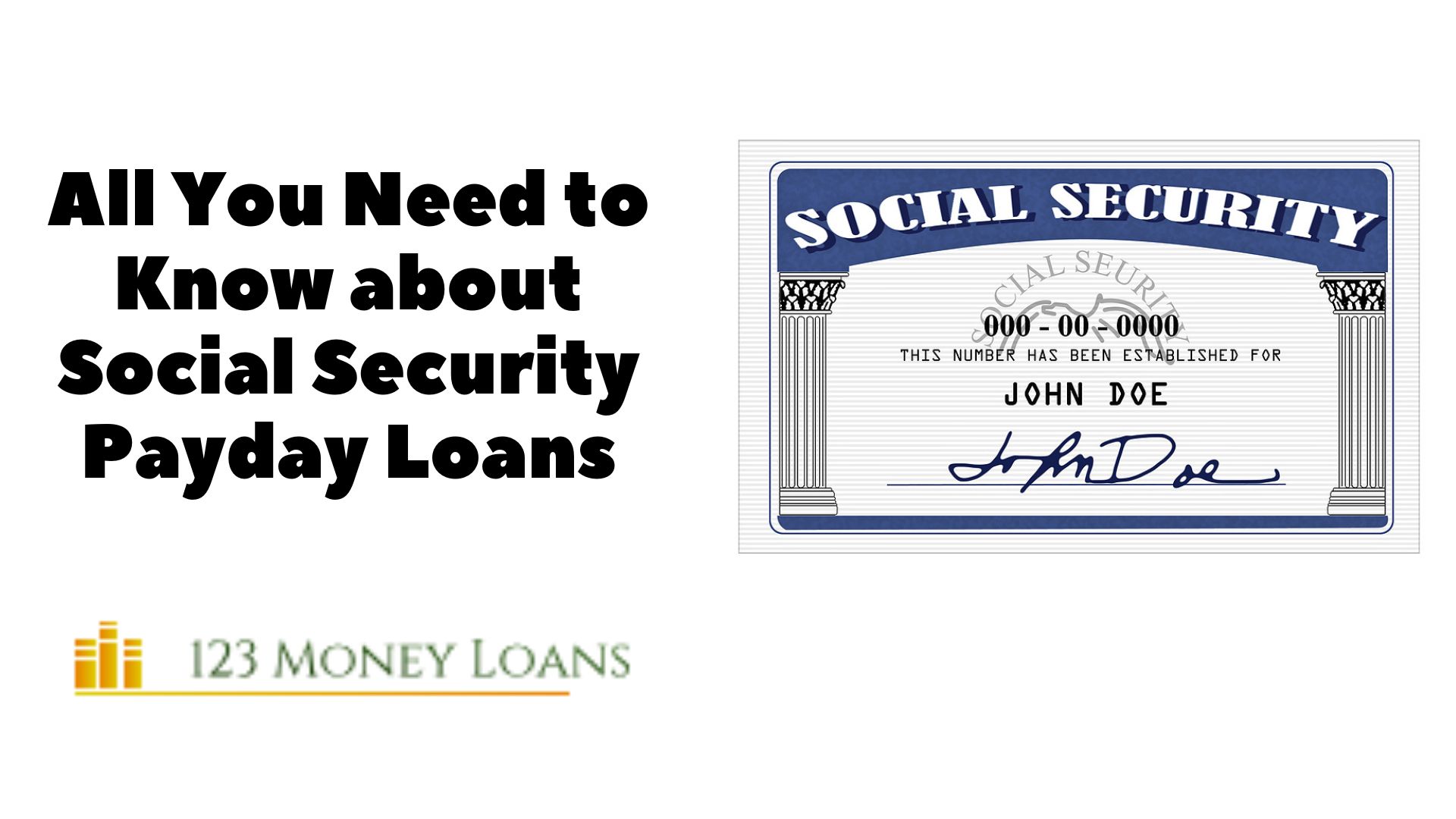All You Need to Know about Social Security Payday Loans
When you retire, you may be eligible for Social Security benefits. If you are receiving these benefits, you may be able to take out a Social Security payday loan. This type of loan can give you the money you need to cover unexpected expenses or help you make ends meet until your next paycheck arrives.
Here’s what you need to know about Social Security payday loans:
1. How do Social Security payday loans work?
Social Security payday loans are short-term loans that are secured by your future benefits. When you take out this type of loan, you will be required to repay it with your next benefit payment. In some cases, the lender may also deduct the loan amount from your future benefit payments.
2. Who is eligible for a Social Security payday loan?
To be eligible for a Social Security payday loan, you must be at least 62 years old and receiving Social Security benefits. You will also need to have a regular source of income and a checking account in your name.
3. How much can you borrow with a Social Security payday loan?
The amount you can borrow with a Social Security payday loan will depend on the lender and your individual circumstances. However, most lenders will allow you to borrow up to $1,000.
4. What are the terms of a Social Security payday loan?
The terms of a Social Security payday loan will vary depending on the lender. However, most loans have a repayment period of two to four weeks. The interest rate on these loans is typically higher than other types of loans, so it’s important to compare rates before you borrow.
5. Are there any fees associated with Social Security payday loans?
There may be fees associated with Social Security payday loans, such as application fees, origination fees, and late payment fees. Be sure to ask the lender about all potential fees before you agree to take out a loan.
6. What are the risks of taking out a Social Security payday loan?
As with any type of loan, there are risks associated with Social Security payday loans. If you default on the loan, you could lose your benefits. Additionally, the interest rate on these loans is typically higher than other types of loans, so you may end up paying more in fees and interest than you originally borrowed.
7. How do I find a Social Security payday loan lender?
There are a few ways to find a Social Security payday loan lenders. You can ask your local bank or credit union if they offer this type of loan. You can also search online for lenders that specialize in Social Security payday loans.
8. How do I apply for a Social Security payday loan?
To apply for a Social Security payday loan, you will need to provide the lender with your personal information, such as your name, address, Social Security number, and date of birth. You will also need to provide proof of income and a blank check from your checking account.
9. What happens if I can’t repay my Social Security payday loan?
If you can’t repay your Social Security payday loan, the lender may deduct the amount of the loan from your future benefit payments. Additionally, the lender may report the delinquency to the credit reporting agencies, which could impact your credit score.
10. Can I get a Social Security payday loan if I’m on Social Security disability?
Yes, you may be able to get a Social Security payday loan if you are receiving disability benefits. However, the amount you can borrow may be limited.
Read more: Social Security Disability Payday Loans
Taking out a Social Security payday loan can help you cover unexpected expenses or help you make ends meet until your next paycheck arrives. However, it’s important to understand the terms of the loan and the risks involved before you agree to take one out. Be sure to shop around for the best rates and terms before you borrow.



